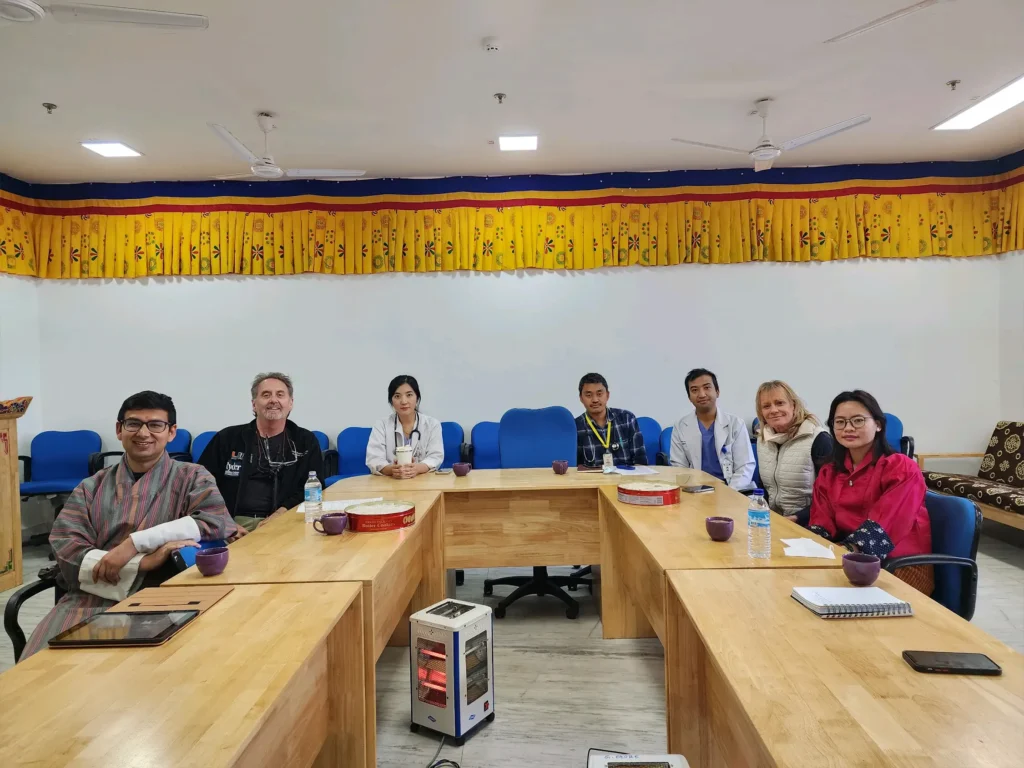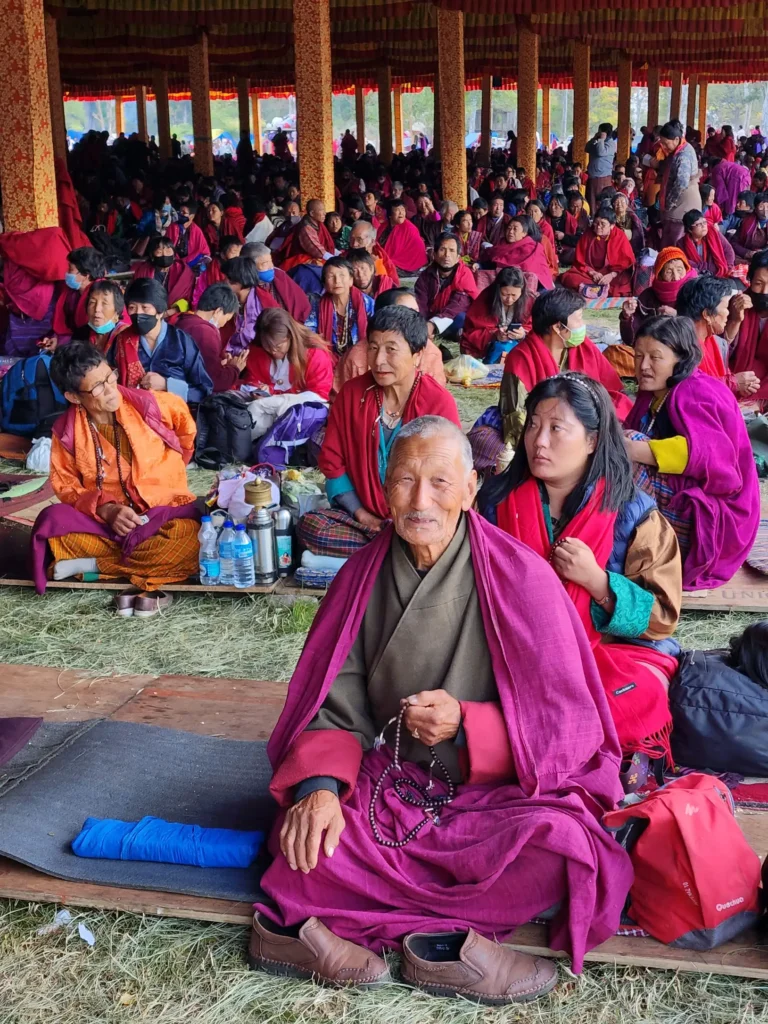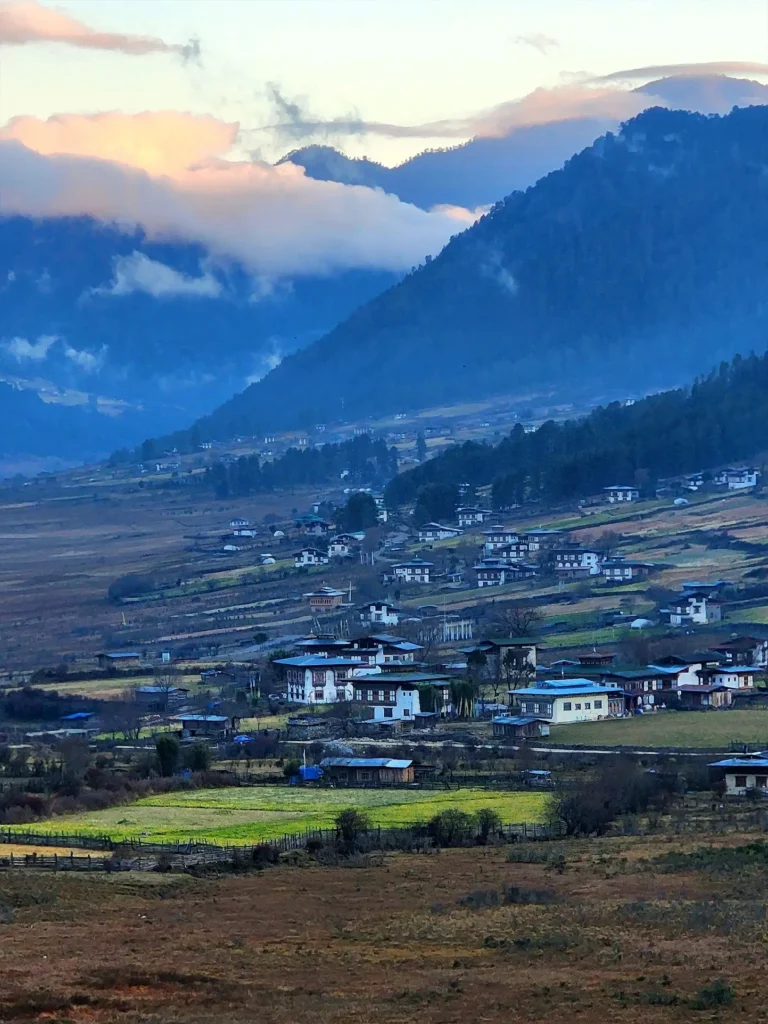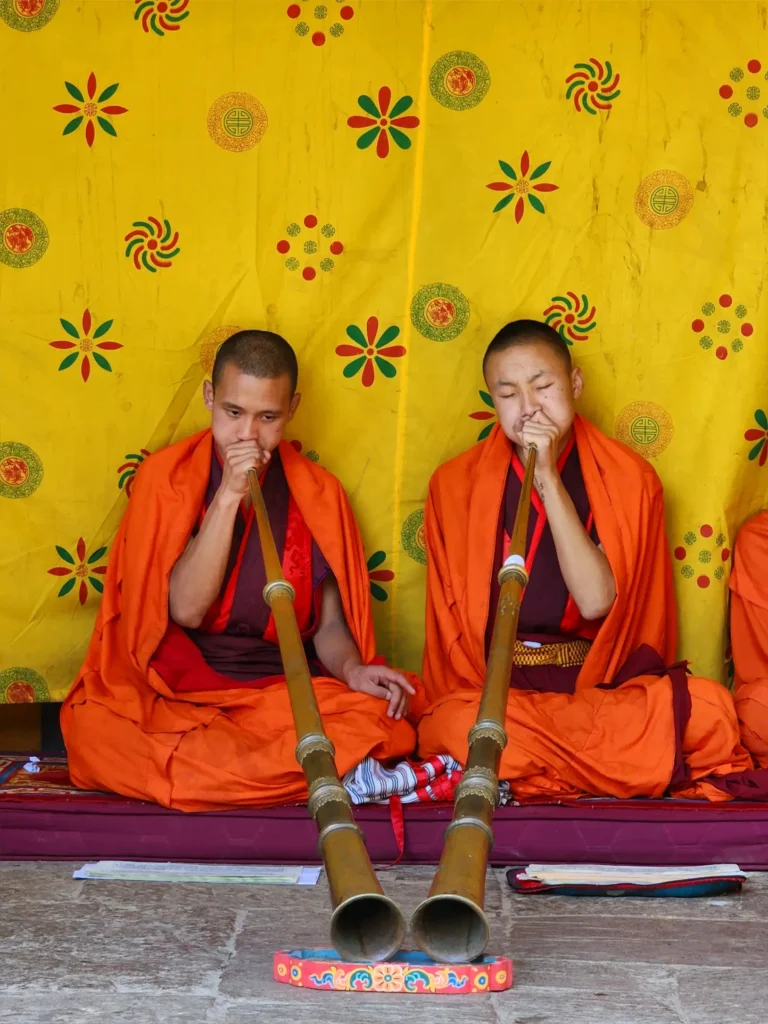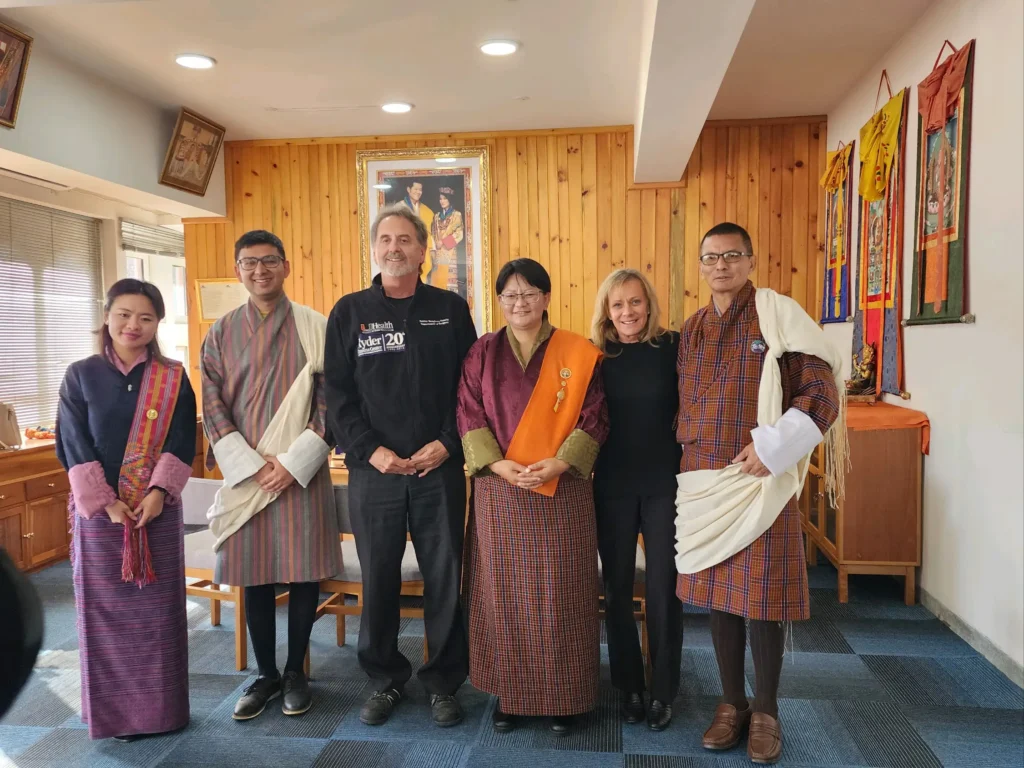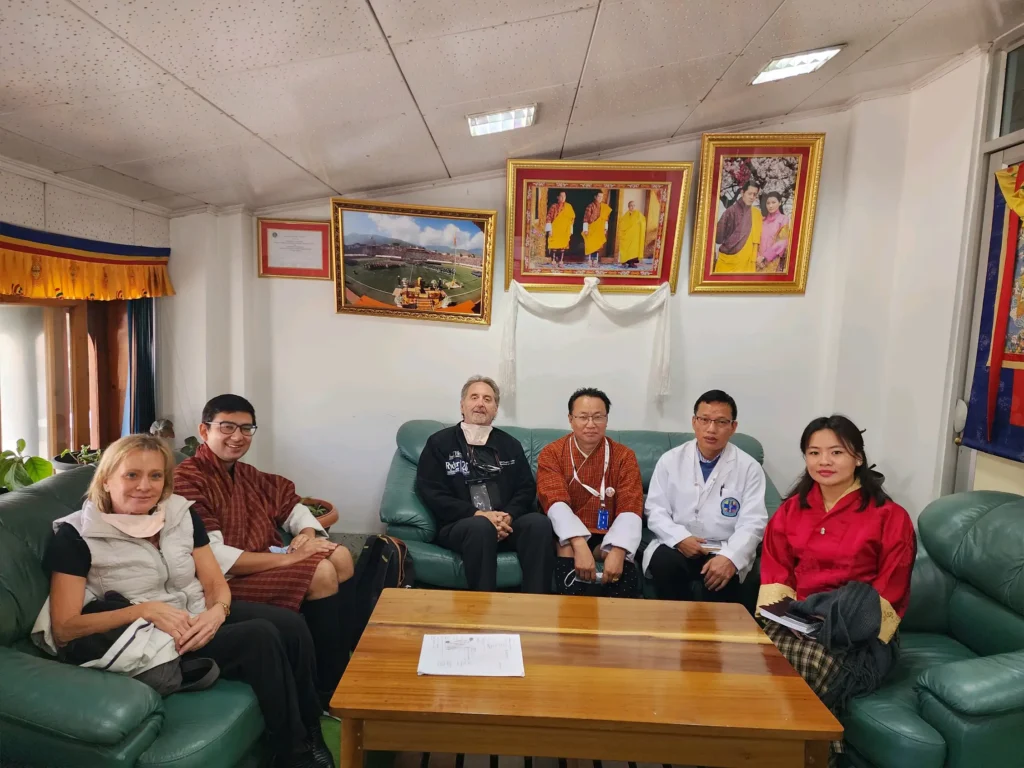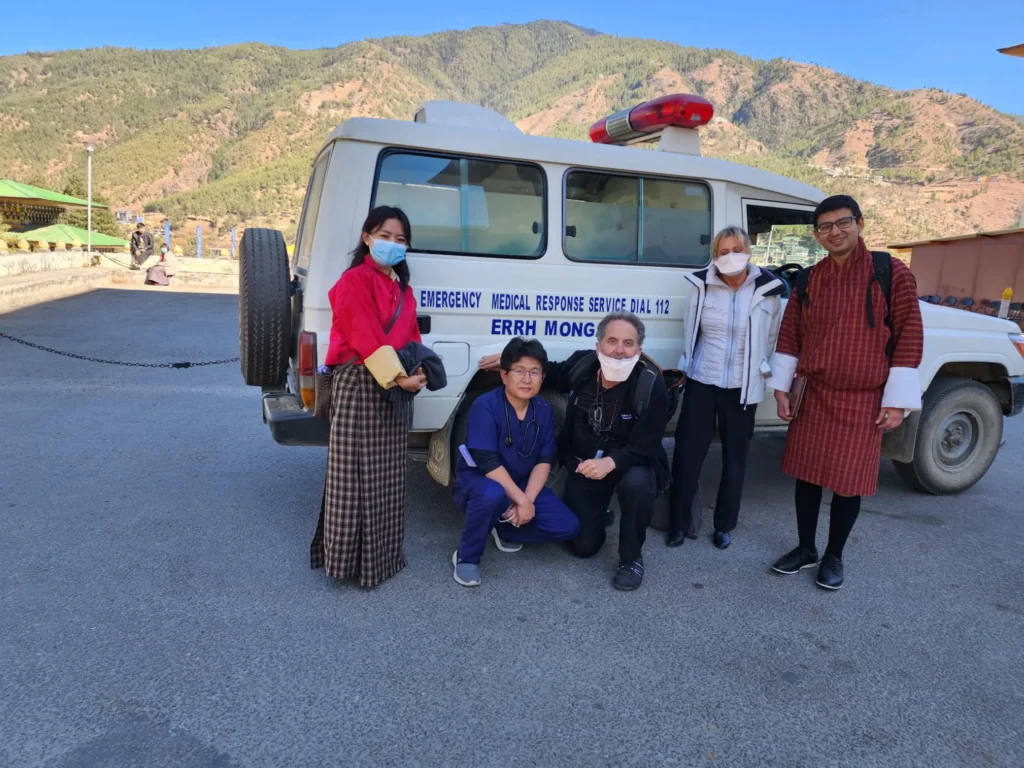Assessing Trauma Care at the Top of the World
A long-planned medical mission to Bhutan sparks new connections
By Louis Greenstein
Photography by Dr. Enrique Ginzburg
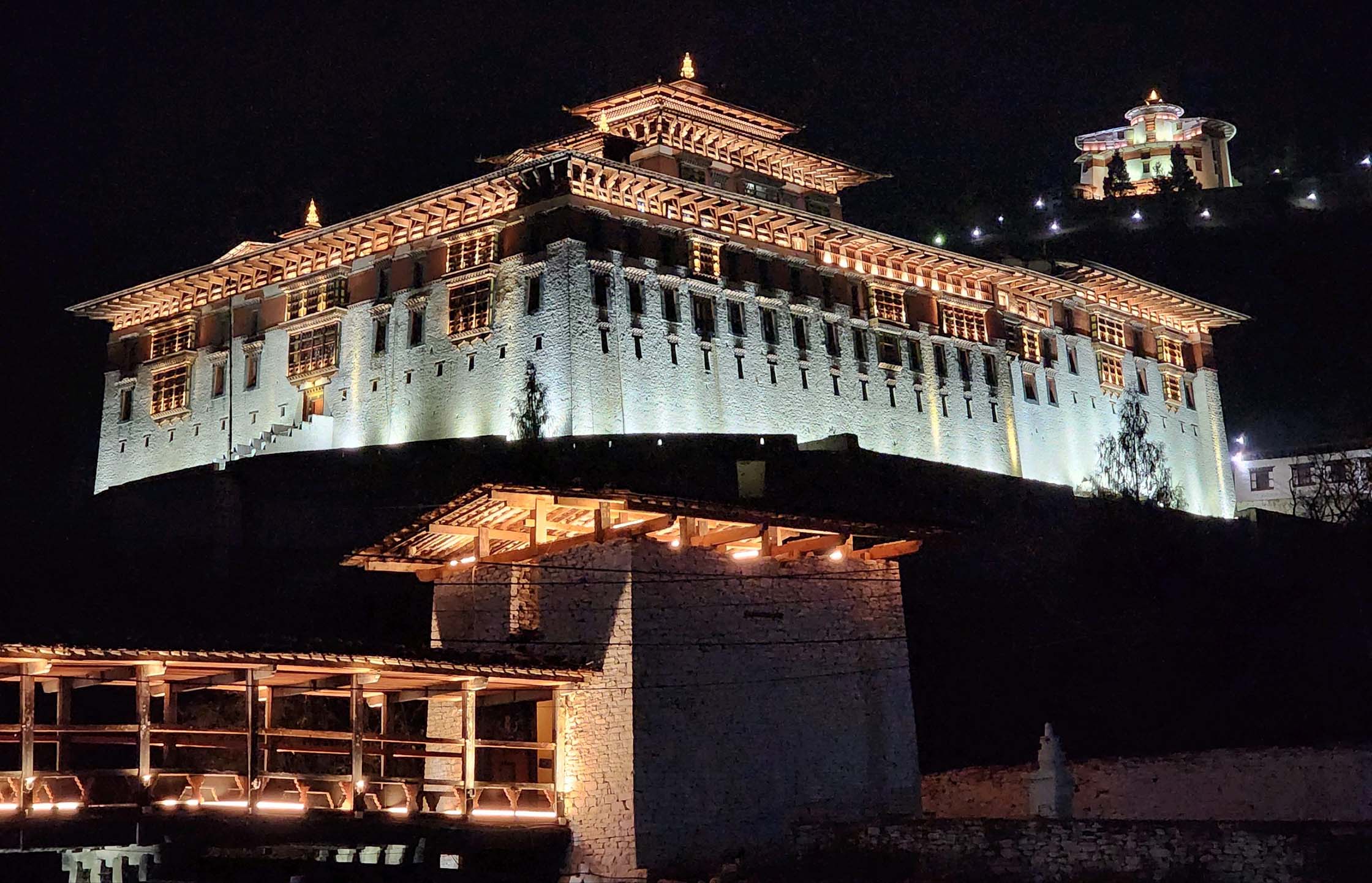
The Punakha Dzong in Punakha, Bhutan, built in 1637-38, is the second oldest and second largest dzong, or fortified monastery, in the kingdom. It is part of the Drukpa lineage of the Kagyu school of Tibetan Buddhism.
B
efore Enrique Ginzburg, M.D., began medical school, he visited Nepal and spent 19 days at a Mount Everest base camp. He returned as a fourth-year medical student on a UM-sponsored project. Nearby Bhutan was a closed kingdom, and Dr. Ginzburg, now a proafessor of surgery at the Miller School and chief of surgery at Jackson South Medical Center, was intrigued. “It was always in the back of my mind to go there,” he said. In 2022, Dr. Ginzburg — whose medical missions and projects have taken him to Ukraine, Iran, Iraq, Haiti, Brazil, and Ar – gentina — finally visited the tiny Himalayan kingdom.
The impetus came five years ago, when Dr. Ginzburg learned that UM had a resident from Bhutan — Bhuwan Giri, M.D., currently chief resident in general surgery at University of Miami/Jackson Memorial Hospital. In December, Drs. Ginzburg and Giri made the long-planned journey, visiting hospitals and meeting with Tashi Tenzin, M.D., from Jigme Dorji Wangchuck National Referral Hospital in the capital city of Thimphu. The goal was to evaluate trauma care needs and then meet with Dasho Dechen Wangmo, M.P.H., Bhutan’s minister of health.
“There’s no lack of knowledge in terms of how to care for patients in the few regional hospitals,” Dr. Giri said. “What they lack are the human resources and complex systems knowhow.”
On the final day of the trip, the health minister outlined five areas where Bhutan needs help. First: affiliation with UM. “I have gotten the ball rolling with our leadership,” Dr. Ginzburg said. Second: a review of how Bhutan accredits its trauma centers “and fusing it with what we’ve seen works well in middle-income countries,” Dr. Ginzburg said. Third: connecting Bhutan’s physicians with UM’s trauma tele – medicine and weekly grand rounds. Fourth: assistance with Bhutan’s trauma registry. Finally, there is hope that Bhutan can send a fellow to UM to train in trauma surgery in the near future. ![]()


